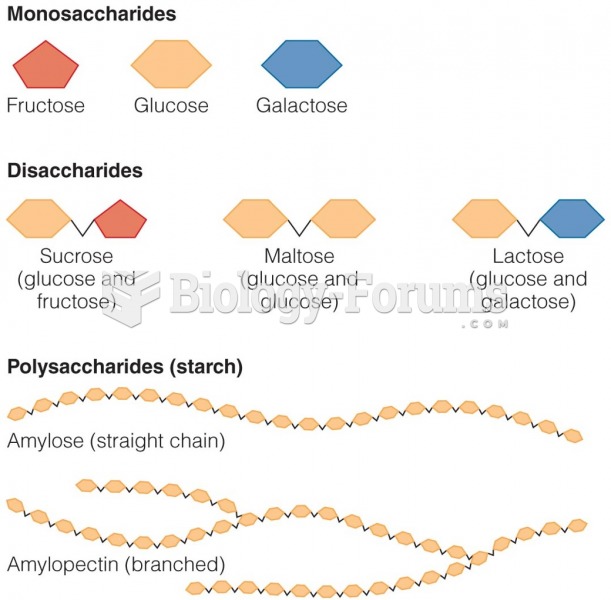Answer to Question 1
As a general rule, adult energy needs decline an estimated 5 percent per decade. One reason is that people usually reduce their physical activity as they age, although they need not do so. Another reason is that basal metabolic rate declines 1 to 2 percent per decade, in part because lean body mass and thyroid hormones diminish. Loss of muscle mass, known as sarcopenia, can be significant in the later years (its prevalence is more than 50 percent among those older than 75), and its consequences, dramatic. As skeletal muscle mass diminishes, people lose their ability to move and to maintain balance, making falls likely. The limitations that accompany the loss of muscle mass and strength play a key role in the diminishing health that often accompanies aging. To some extent, however, declines in lean body mass and energy needs may not be entirely inevitable. Optimal nutrition with sufficient protein and regular physical activity, especially resistance training, can help maintain muscle mass and strength and minimize the changes in body composition associated with aging. Physical activity not only increases energy expenditure but also, along with sound nutrition, enhances bone density and supports many body functions as well.
Answer to Question 2
In Alzheimer's disease, the most prevalent form of dementia, brain cell death occurs in the areas of the brain that coordinate memory and cognition. Alzheimer's disease afflicts more than 5 million people in the United States, and that number is expected to triple by the year 2050.
Nerve cells in the brains of people with Alzheimer's disease show evidence of free-radical attackdamage to DNA, cell membranes, and proteinsand of the minerals that trigger these attacksiron, copper, zinc, and aluminum. Some research suggests that the antioxidant nutrients can limit free-radical damage and delay or prevent Alzheimer's disease, but more research is needed to confirm this possibility.
Increasing evidence also suggests that overweight and obesity in middle age are associated with dementia in general, and with Alzheimer's disease in particular. The possible relationship between obesity and Alzheimer's disease is disturbing given the current obesity epidemic. Efforts to prevent and treat obesity, however, may also help prevent Alzheimer's disease. Diets designed to support a healthy heart, which include the omega-3 fatty acids of oily fish, may benefit brain health as well. Maintaining appropriate body weight may be the most important nutrition concern for the person with Alzheimer's disease.







